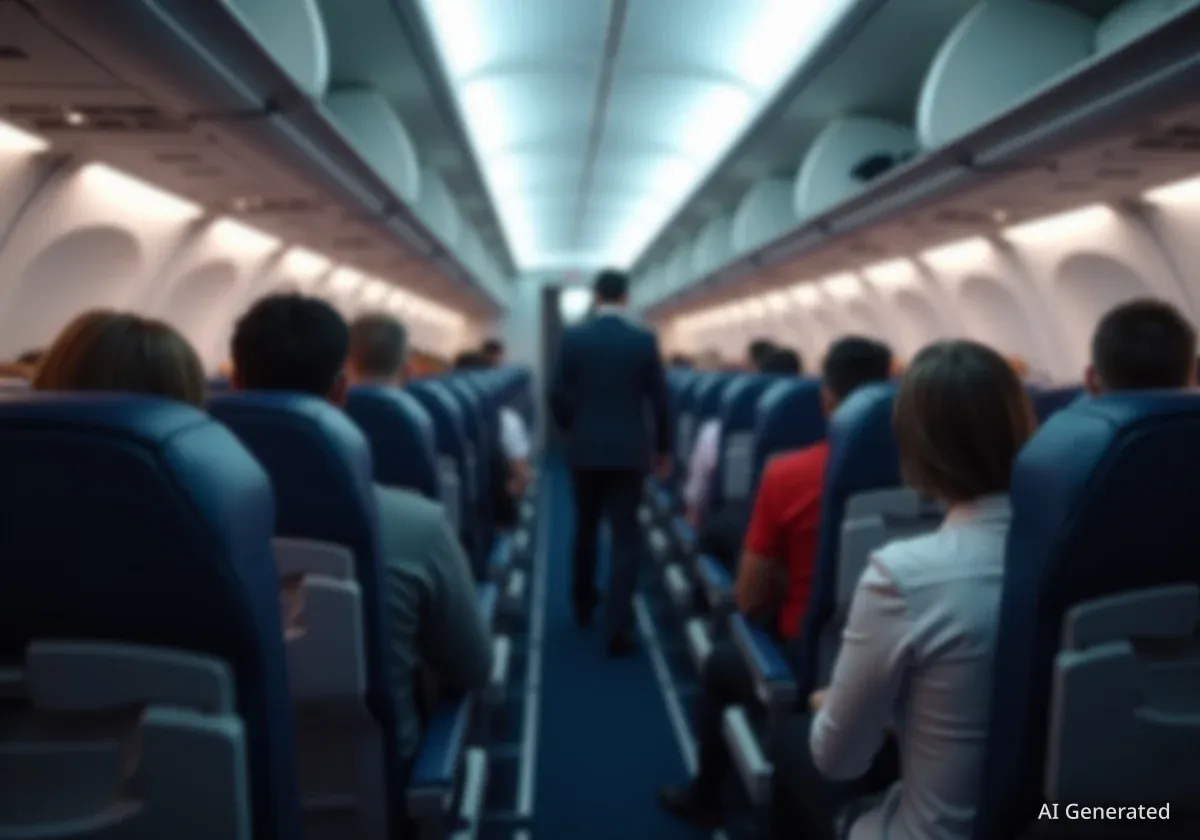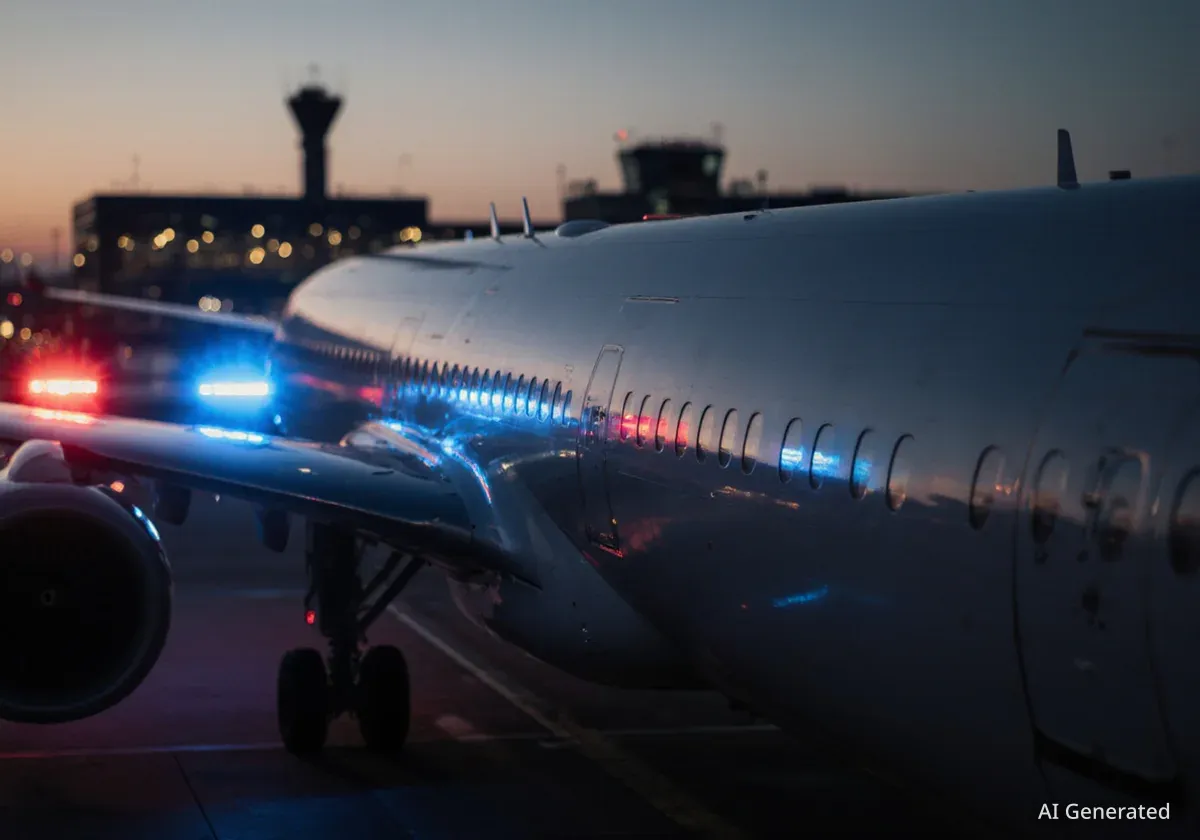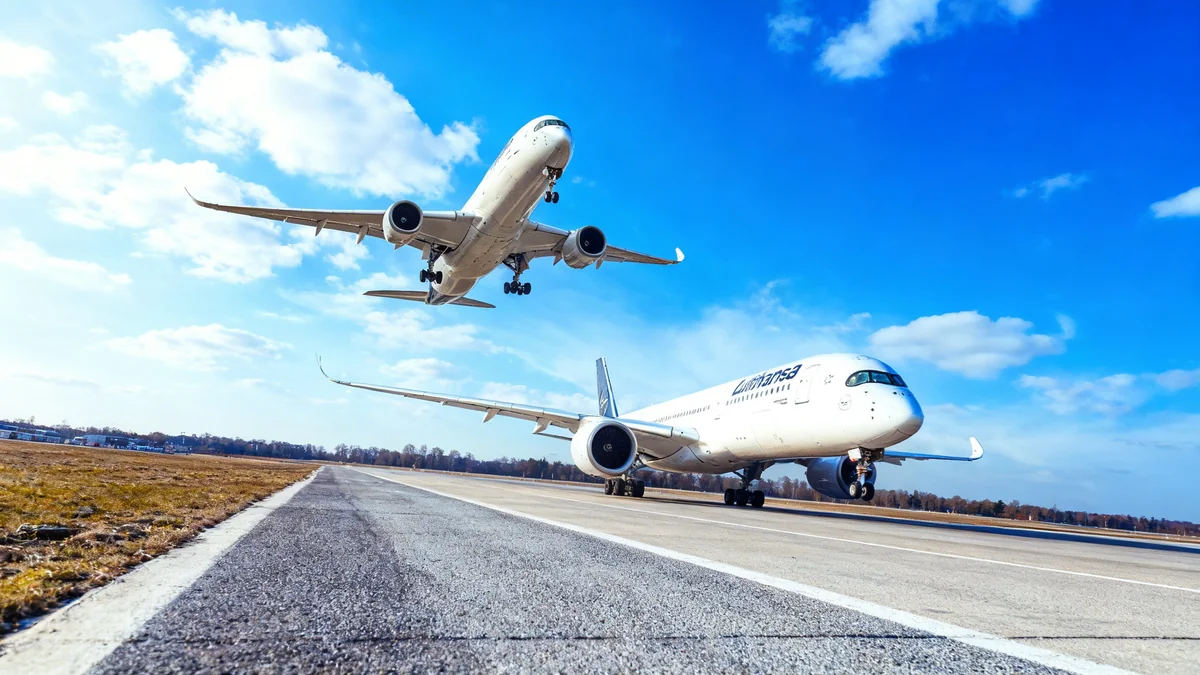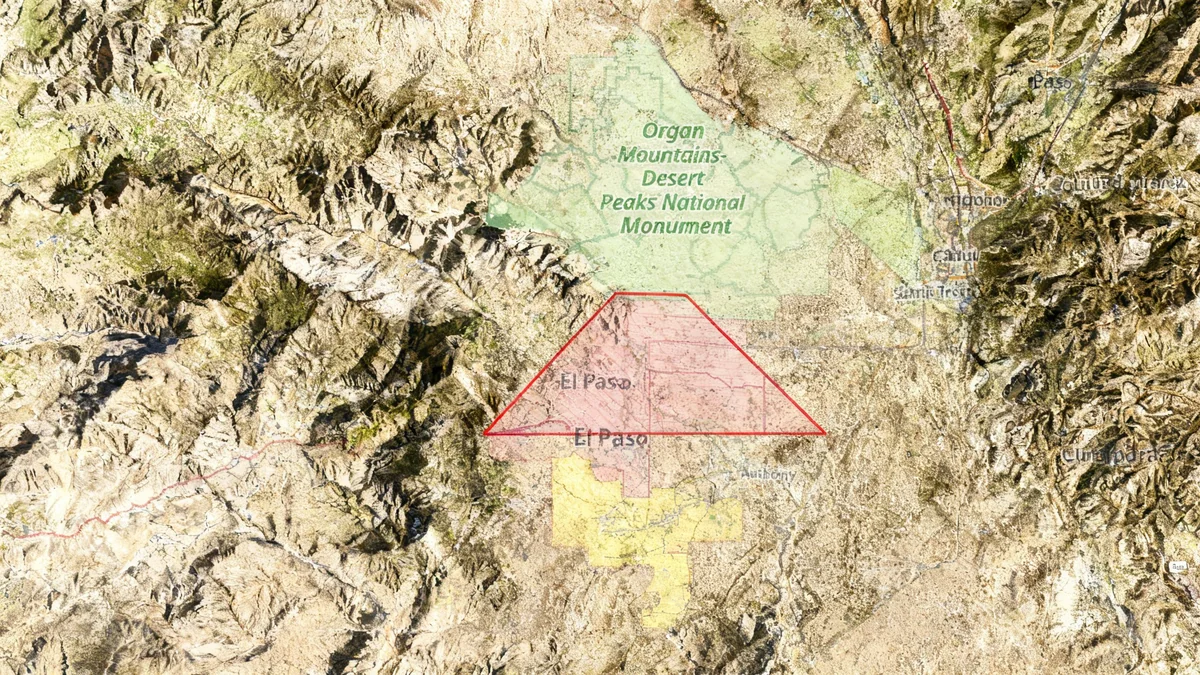A United Airlines flight from Des Moines to Chicago experienced a significant four-hour delay on Monday after an argument between two flight attendants led to the entire cabin crew being replaced. Passengers on Flight UA-2138 faced an unexpected wait at Des Moines International Airport as the airline worked to resolve the internal dispute.
Key Takeaways
- United Airlines Flight UA-2138 was delayed over four hours.
- The delay was caused by a dispute between two flight attendants.
- All passengers were deplaned, and the entire crew was replaced.
- The incident affected 142 passengers traveling from Des Moines to Chicago.
Crew Conflict Grounds Flight UA-2138
The incident began when United Airlines Flight UA-2138, an Airbus A320, was preparing for its scheduled departure at 11:26 a.m. from Des Moines. According to internal company records, a "disagreement" erupted between two flight attendants. This conflict escalated to a point where management intervention became necessary.
The situation quickly led to a decision to remove all cabin crew members from the flight. Passengers were asked to deplane around 12:10 p.m., leaving 142 travelers waiting in the terminal.
Flight Details
- Original Departure: 11:26 a.m.
- Actual Departure: 3:24 p.m.
- Total Delay: 4 hours, 12 minutes
- Affected Passengers: 142
Internal Records Detail "Crew Availability" Issue
Internal flight departure records, which were later reviewed by aviation publications, officially cited "Crew availability" as the reason for the delay. Additional notes within these records provided more specific details, stating: "Disagreement on 2 of the FAs [Flight Attendants]. IFDM [Inflight Duty Manager] pulling all crew and will need to recrew flight."
The airline then began the process of finding a completely new crew for the short 299-mile route to Chicago O'Hare. This unexpected staffing change contributed significantly to the extended wait for passengers.
"Disputes like these, while rare, highlight the complex dynamics of airline operations where crews often work together for the first time on any given flight," an aviation analyst noted.
Passengers Face Prolonged Wait
The flight finally departed Des Moines at 3:24 p.m., more than four hours after its original schedule. It arrived in Chicago at 5:09 p.m., resulting in a total delay of four hours and 12 minutes for the passengers.
Notably, United Airlines did not provide any public explanation for the delay on its flight status page. This is unusual, as airlines typically offer detailed reasons for such disruptions to keep passengers informed.
Industry Context
While uncommon, crew disputes leading to flight delays are not unheard of in the aviation industry. In 2023, a similar incident occurred with an American Eagle flight where two flight attendants argued over seat assignments, causing a two-hour delay. These events underscore the unique challenges faced by airline crews who often collaborate with colleagues they have never met before.
Company Response and Ongoing Negotiations
A spokesperson for United Airlines has not yet responded to requests for comment regarding the incident. It remains unclear what, if any, disciplinary actions will be taken following the dispute between the flight attendants.
The incident took place during ongoing contract negotiations between United Airlines and its flight attendants' union. However, there is no current indication that the crew dispute was related to these labor discussions.
Flight UA-2138 resumed its normal schedule the following day, with no further delays reported on the Des Moines-Chicago route.
- Airline crews frequently work with new colleagues.
- Internal conflicts can impact flight schedules significantly.
- Communication about delays is crucial for passenger experience.
Impact on Passenger Experience
Delays of this magnitude can cause significant disruption for travelers, especially those with connecting flights or tight schedules. The lack of a public explanation from the airline can also add to passenger frustration.
Aviation experts emphasize the importance of smooth crew coordination for efficient airline operations. Any internal friction can ripple through the system, leading to widespread delays and inconveniencing hundreds of passengers.
Statistics on Delays
According to recent industry data, crew-related issues account for a small percentage of overall flight delays, but their impact can be substantial due to the need for complete crew changes.
Looking Ahead
As United Airlines continues its contract negotiations with flight attendants, incidents like this serve as a reminder of the human element in complex travel operations. Ensuring crew harmony is as vital as mechanical readiness for on-time departures.
The airline will likely review this incident to prevent similar occurrences in the future, focusing on crew relations and conflict resolution protocols.





